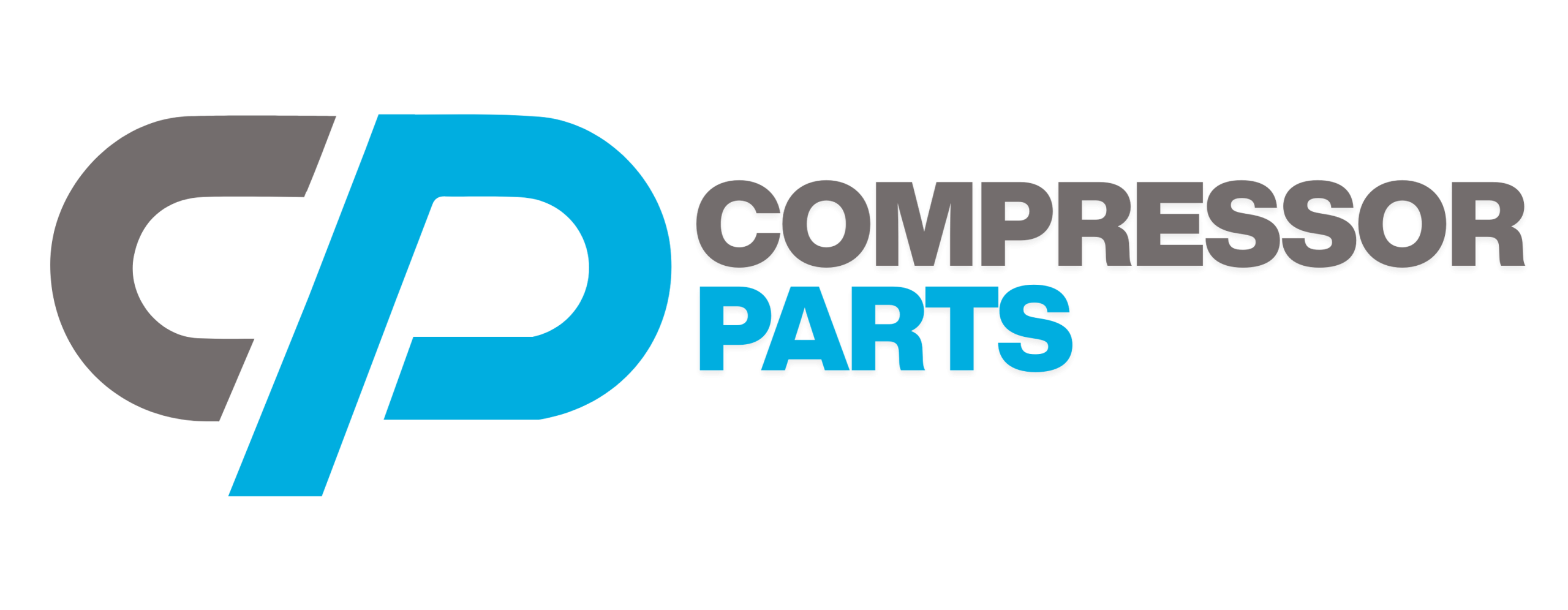The Complete Guide to Oil-Free Compressors
Oil-free compressors are essential wherever air purity matters—dentistry, food packaging, pharmaceuticals, laboratories and clean manufacturing. They eliminate the risk of oil contamination but still demand regular maintenance to stay efficient. This guide explains how oil-free technology works, the main system types, and what you need to maintain them properly in UK operating conditions.

1. What Does “Oil-Free” Really Mean?
In a traditional lubricated screw or piston compressor, oil seals the compression chamber and removes heat. In an oil-free compressor, the compression space contains no lubricating oil at all. Bearings and gearboxes are isolated, and the compression element is coated or designed to run dry. The discharged air is free from oil aerosols and vapours, meeting ISO 8573-1 Class 0 or 1 purity standards.
2. Where Oil-Free Compressors Are Used
- Dental and Medical: Provides sterile, odour-free air for dental handpieces and breathing systems.
- Food and Beverage: Air contacts packaging or product surfaces—zero oil carry-over required.
- Pharmaceutical & Electronics: Prevents contamination in tablet coating, cleanrooms, and circuit assembly.
- Laboratory & Research: Quiet, compact systems deliver stable pressure with minimal vibration.
3. Main Oil-Free Technologies
Teflon-Coated Piston Compressors
Often used in small dental and medical systems. The pistons run on PTFE-coated rings that need no oil. They deliver extremely clean air but operate at lower duty cycles—typically 50–60 %. Suitable for clinics and light industrial labs.
Scroll Compressors
Two spiral elements compress the air without metal-to-metal contact. Scrolls are whisper-quiet, efficient, and ideal for continuous air supply in hospitals or electronics production.
Oil-Free Screw Compressors
Larger industrial systems use twin-screw elements with special rotor coatings and water- or air-cooling. ABAC, Atlas Copco, and HPS produce ranges meeting ISO 8573 Class 0 purity, capable of 24/7 operation with very low service costs.
4. Benefits of Oil-Free Technology
- Zero Risk of Oil Carry-Over: Protects products, instruments and air lines.
- Lower Environmental Impact: No oil disposal or condensate contamination.
- Reduced Maintenance: Fewer moving parts; no oil changes.
- Quiet Operation: Especially scroll and encapsulated screw designs.
5. Maintenance Still Matters
Oil-free doesn’t mean maintenance-free. Key tasks include:
- Replace intake filters every 1 000–2 000 hours to protect coatings.
- Inspect dryers and cartridges annually for moisture breakthrough.
- Change bacterial filters and activated carbon filters to maintain hygiene.
- Drain condensate daily or fit auto drains.
6. Energy Efficiency and Noise
Oil-free compressors are typically quieter (as low as 55 dB(A) for scrolls). Energy use depends on technology—scrolls suit light continuous loads, while dry screws excel above 15 kW. Add a correctly sized receiver and demand-sensitive controller to prevent rapid cycling.
7. Air Treatment and Quality Control
Even when oil isn’t present, moisture and dust still must be removed. Install a multi-stage filtration system:
- Particulate filter (1 µm)
- Activated carbon filter (0.01 µm)
- Desiccant dryer or membrane dryer
Follow HTM 01-05 and ISO 8573-1 guidelines for dental and food installations. Our dental compressor range already complies with these standards.
8. Comparing Oil-Free vs Lubricated Systems
| Aspect | Oil-Free | Lubricated |
|---|---|---|
| Air Quality | Class 0 / 1 ISO 8573 | Contains oil aerosols |
| Maintenance | Filter changes only | Oil + filter changes |
| Noise | Low (50–60 dB typ.) | Moderate |
| Energy Efficiency | Slightly lower (<2 %) | High at continuous load |
| Purchase Cost | Higher initial | Lower |
9. Selecting the Right Size and Setup
For UK dental surgeries, a 50–100 litre receiver with twin Teflon pistons is common. Small laboratories may prefer scroll units up to 5.5 kW, while industrial users needing 24/7 duty should consider a dry screw with heat recovery. Always size the compressor for 110 % of typical demand to avoid constant loading.
10. Environmental and Compliance Considerations
Because oil-free systems discharge condensate without hydrocarbons, they simplify environmental compliance. However, regular microbiological checks and dryer maintenance are essential. Ensure condensate drains connect to suitable outlets with back-flow prevention as per UK Water Regulations Schedule 2.
11. When to Service an Oil-Free Compressor
- Replace intake filters every 1 000 hours.
- Change bacterial filters annually or per OEM spec.
- Inspect dryer cartridges every 12 months.
- Check noise / vibration monthly for bearing wear.
12. Popular Models and Equivalent Parts
- FINI Dry Air Series: Intake Filter F-0501, Bacterial Filter B-0201.
- NUAIR Dental Oil-Free: Dryer Cartridge DA-102, Service Kit NSK-01.
- ABAC Clean Air Range: Carbon Filter CF-110, Bacterial Filter BF-05.
13. Installation Best Practices
- Locate compressor in a clean, dry room with ambient 5–35 °C.
- Provide clearance for airflow (≥ 0.5 m around unit).
- Avoid chemical vapours that damage PTFE coatings.
- Fit anti-vibration mounts and flexible hoses.
14. Spare Parts to Stock
- Intake filters (2 sets)
- Bacterial filters / dryers for annual change
- Drain valves or auto drains
- Seals / O-rings (included in service kits)
15. Energy Saving Ideas
Install a receiver to reduce cycling and fit a timer or pressure sensor for automatic shutdown during off-hours. Monitor specific energy (kWh / m³) to track efficiency over time.
FAQs
Do oil-free compressors need oil at all?
Bearings and gearboxes still contain lubricant, but it’s sealed away from the air path—so the compressed air itself remains oil-free.
Can I replace an oil-lubricated unit with oil-free directly?
Yes, if air demand and pressure match. Expect slightly higher purchase cost but lower maintenance and cleaner output.
Are oil-free compressors louder?
Generally quieter (50–65 dB A) than pistons and similar to small screws. Install in a ventilated room to minimise echo.
What standards apply to dental air quality?
Follow HTM 01-05 and BS EN 12021; use Class 0 air or better with regular bacterial filter changes.
See also: Piston vs Screw Compressors – What’s the Difference?
